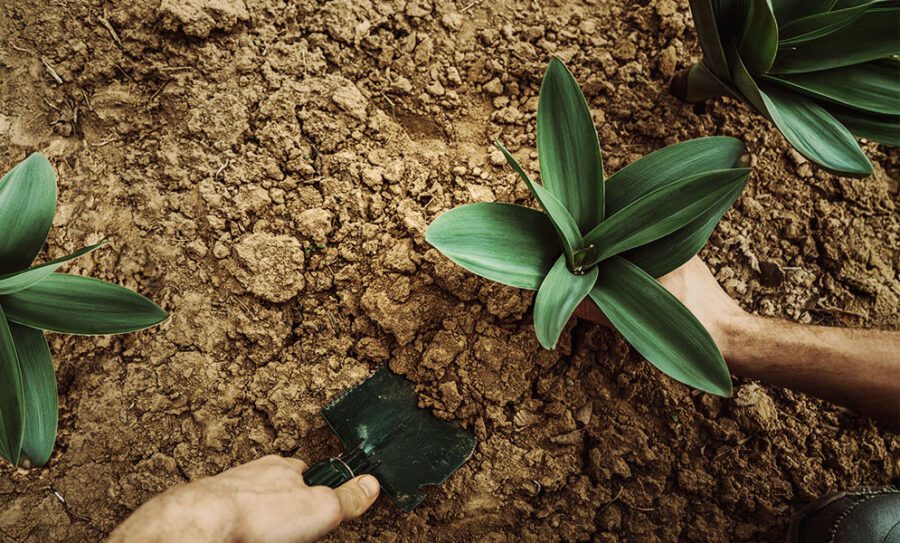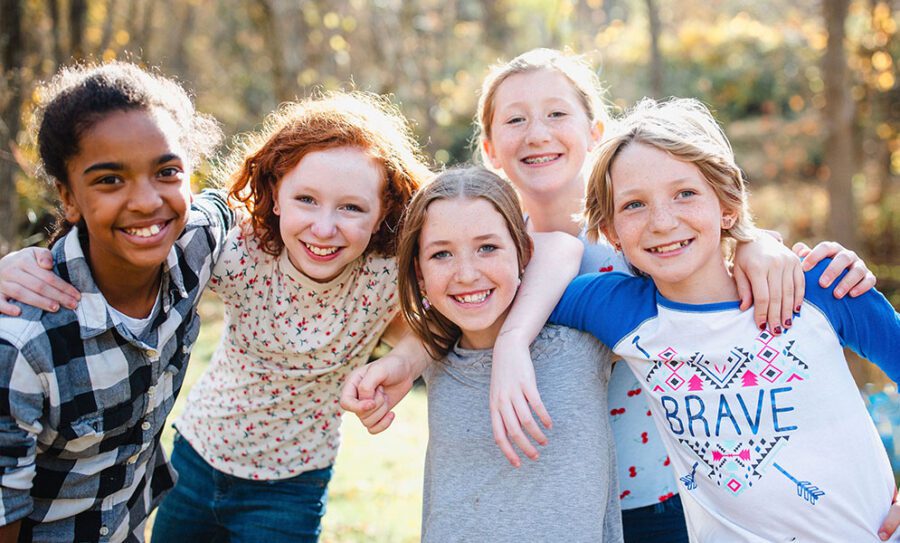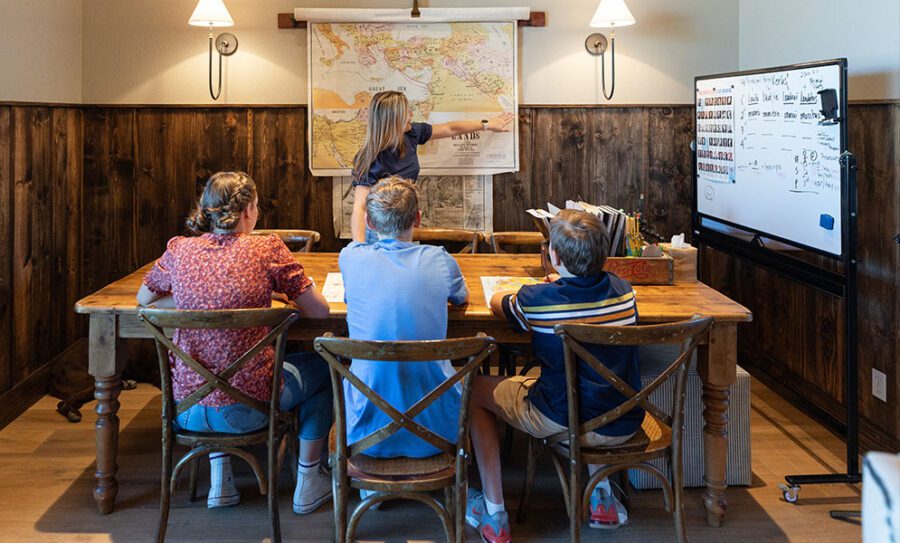An unexpected meditation on the Tenth Commandment
I didn’t realize how much the Tenth Commandment would matter in adulthood.
When I was first introduced to it as a child, the world was made of very concrete objects. The attractive things in my life all lived on retail shelves. This led me to believe that people who committed the sin of coveting were either lazy or foolish—because why would you waste time wishing for something when you could just work, earn, and buy it?
But as we grow up, the world becomes less concrete and more abstract. The things others have that we desire grow less tangible. The attractive things are no longer sitting in a store window; they live in ideas, opportunities, and imagined possibilities. And sometimes, those desires aren’t bad at all.
The Parable of the Talents
In the parable of the talents (Matthew 25:14–30), the master hands out resources in different amounts—five, two, and one. It isn’t for the servants to know why one received 200% or 500% more than another. Yet, coveting begins when we shift our attention from what we did receive to what we did not receive.
- We start to calculate our lack of return on investment and blame it on the smallness of our initial principle.
- We subconsciously begin to accuse the master of unfairness, saying it’s his fault we don’t have the thing that could have blessed us more.
- We even begin to resent not being able to do “the good” with “the thing”—if only it had been given.
And so, the mind wanders, investing what is mine—my time, energy, and creativity—into what was never mine in the first place. Then, after being so deeply invested, I grow angry or resentful that I haven’t received the eggs from the chickens I counted long before they ever hatched—or, in this case, before they were ever providentially given to me.
So much energy is spent noticing, planning, imagining, and investing in “talents” that were never mine, until there’s no time or strength left to unbury and invest in the talents that were given to me.
Coveting is a giant trap, expertly camouflaged. It looks like developing something true, good, and beautiful, dressed up in good intentions, but if the something itself was never entrusted to me, the thought pattern becomes a wolf in sheep’s clothing. A trap as futile as window-shopping.
Applications to Education
In the small domain of family education, it’s easy to list all the things that could be leveraged for good: more time, more energy, a Pinterest-worthy space, a Beauty and the Beast library, the arts-and-crafts genius of that one mom, or the fun and spontaneity of that other mom. We find ourselves thinking:
- What if there were better sports teams?
- More extracurriculars?
- What if the spouse were more supportive, the job more flexible, the region more thriving?
- What if we had more outdoor space to explore?
- What if we didn’t have so much outdoor space to maintain?
- What if there were more income streams?
- What if I didn’t have to rely on hard work so much?
The list goes on. What one person wishes away, another family is wishing for.
We are constantly leveraging the finite resources we do have toward imagining the spending of resources we were never given.
But what would it be like to stop?
To stop and take inventory, and look closely at what we have been given. The obvious things, yes, but also the quiet ones. The ones we’ve let grow mold in the back of the fridge or gather dust on the top shelf of the linen closet—the ones we buried in the sand.
What would it look like to count our blessings, to name them one by one, and imagine what beautiful things could be made from them? What recipes could be concocted, what structures built, what stories written, from the raw materials already in hand?
And if we were to repent of our covetous hearts—of the time we’ve wasted in discontent, spending blessings that were never meant for us—what would fill the void left behind?
Thankfulness.
This Thanksgiving, repent of the time spent wishing and planning in the economy of someone else’s grace. Unbury the gifts entrusted to you. And invest in the joy of what is already yours.





